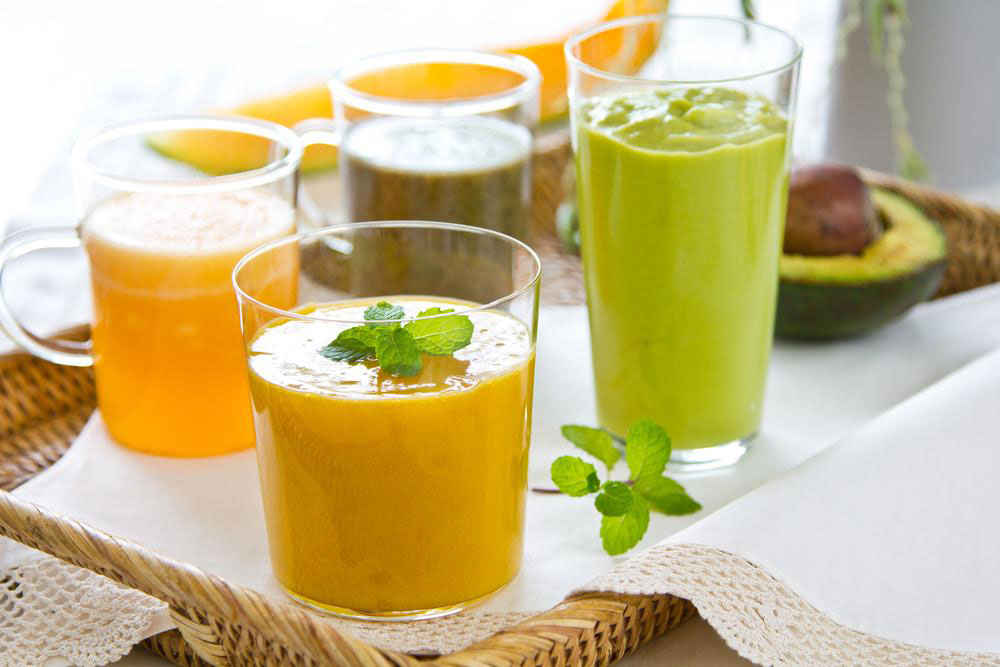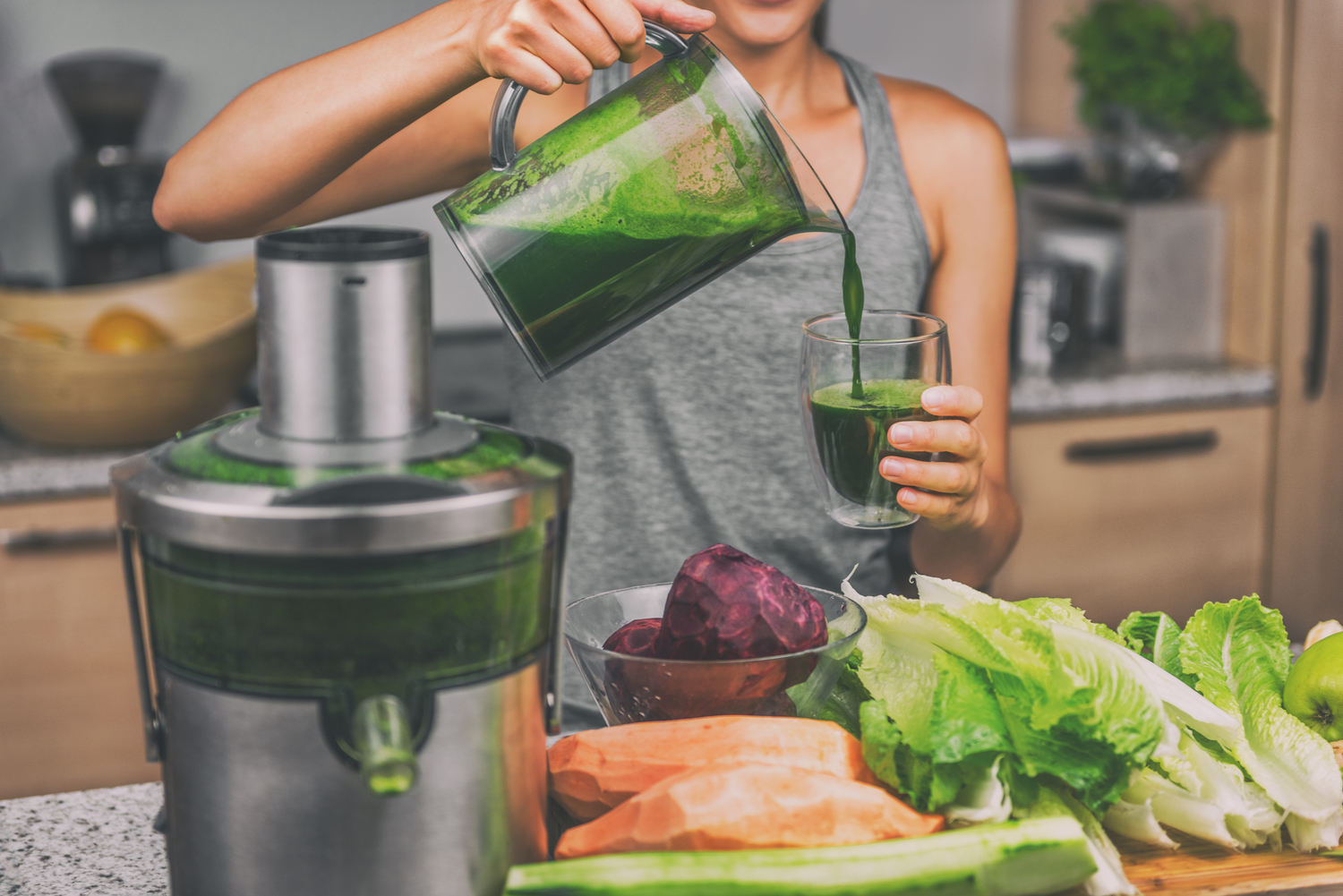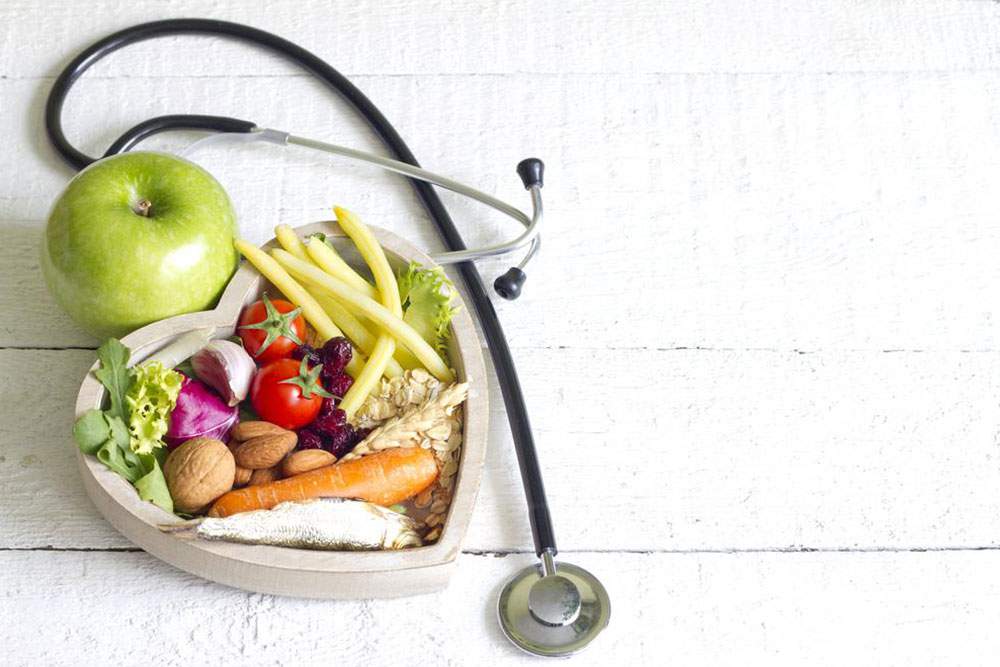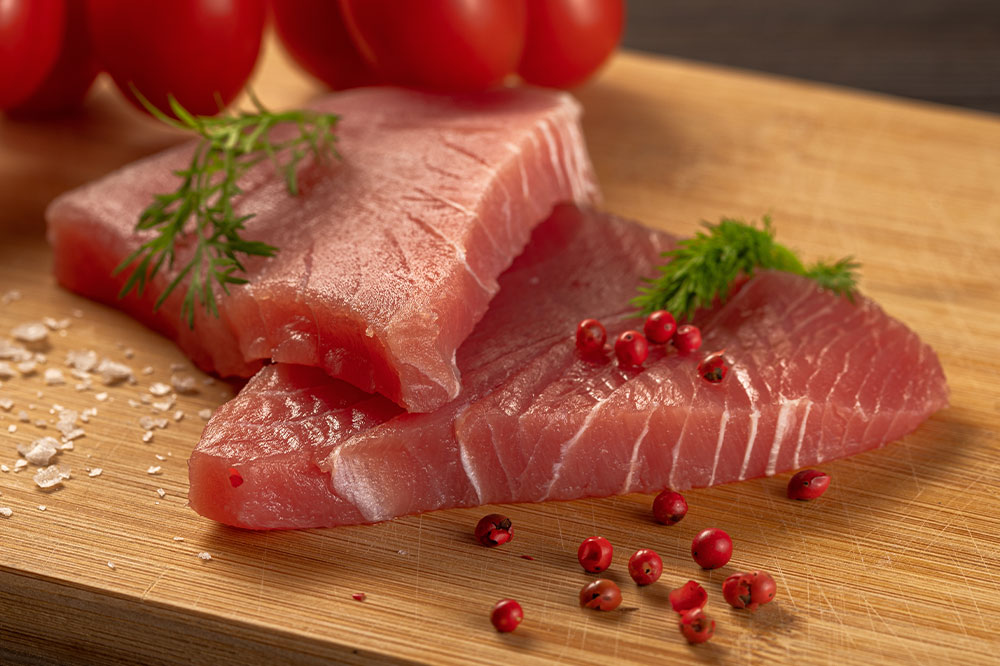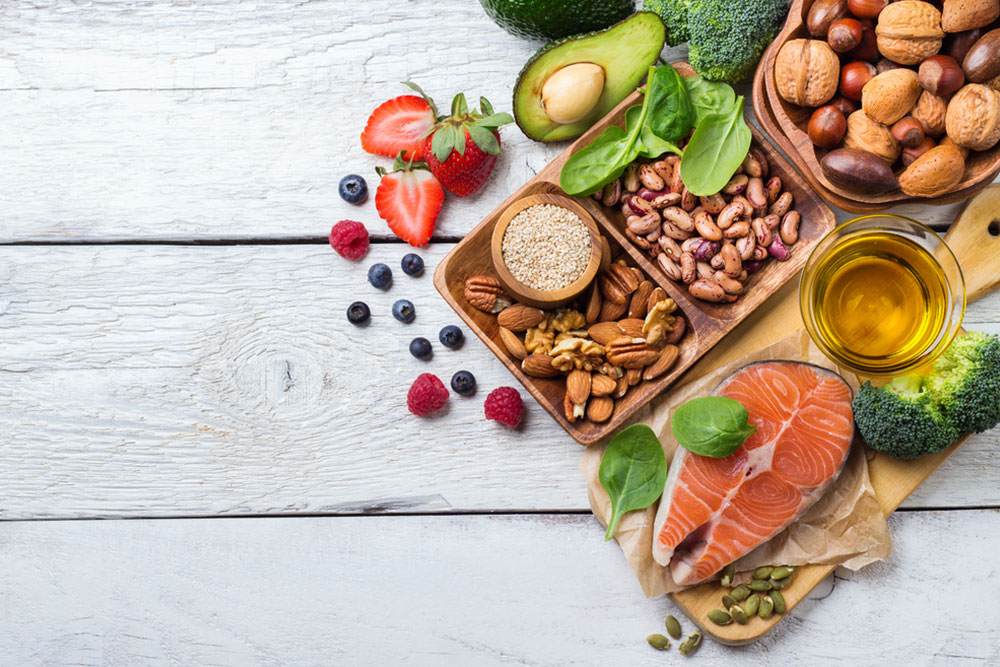Comprehensive Nutritional Strategies to Enhance and Protect Liver Health
Discover effective nutritional strategies to enhance liver health with foods like garlic, beets, vegetables, fruits, and herbs. Proper diet and lifestyle choices support detoxification and regeneration, preventing liver diseases and promoting overall wellness. Learn how specific nutrients and habits can help maintain a healthy, functioning liver for long-term health.

Comprehensive Nutritional Strategies to Enhance and Protect Liver Health
The liver, arguably one of the most vital organs in the human body, plays an essential role in maintaining overall health and well-being. As the body's largest internal organ, the liver performs over 500 critical functions, including detoxification, nutrient metabolism, immune support, and production of vital biochemical substances. Given its crucial responsibilities, maintaining optimal liver health is fundamental to preventing a host of serious health conditions, such as liver diseases, metabolic syndromes, and even certain types of cancer.
Understanding how to support and strengthen liver function through proper nutrition and lifestyle choices is key. Poor dietary habits, excessive alcohol consumption, exposure to environmental toxins, and certain medications can all take a toll on liver health over time. Therefore, adopting a diet rich in specific nutrients that bolster liver detoxification, repair, and regenerative processes is essential for long-term wellbeing.
Focusing on nourishing foods that naturally support liver detoxification and repair processes can significantly reduce the risk of developing liver-related health issues. The following nutritional tips highlight key foods and compounds proven to foster better liver function and overall detoxification.
Garlic – Recognized as a superfood for liver health, garlic is packed with selenium and allicin, compounds that significantly aid in detoxification. Selenium boosts the activity of liver enzymes involved in removing toxins, while allicin has antimicrobial properties that help eliminate harmful bacteria in the gut, reducing toxin overload. Regular consumption of garlic can stimulate vital detox pathways, enhance immune response, and support liver regeneration.
Beets – Beets are a powerhouse of nutrients, including betaine, which helps promote the flow of bile—an essential process for the digestion and removal of fat-soluble toxins. Beets support blood purification, supply oxygen to liver cells, and encourage enzymatic activity that detoxifies the body. Incorporating beets into your diet can help reduce inflammation, improve digestion, and bolster liver health.
Vegetables and Juices – Cruciferous vegetables such as broccoli, cauliflower, Brussels sprouts, cabbage, kale, arugula, radishes, and turnips are rich in compounds that stimulate the production of detoxification enzymes in the liver. Their phytochemicals, fiber, vitamins, and minerals help combat oxidative stress, reduce inflammation, and lower the risk of liver diseases. Fresh vegetable juices are an excellent way to consume these nutrients in concentrated form, enhancing liver function and overall vitality.
Fruits like Apples and Nutrient-Rich Avocados – Apples, high in pectin, assist in detoxing the digestive tract and lighten the burden on the liver by facilitating waste elimination. Avocados contain healthy monounsaturated fats and compounds like glutathione, a potent antioxidant that supports detoxification pathways and promotes arterial health. Regular intake of these fruits can contribute to a cleaner liver and healthier overall metabolism.
Walnuts – Rich in arginine, walnuts help neutralize ammonia—a toxic byproduct of protein metabolism—by supporting its conversion into less harmful compounds. Additionally, walnuts supply glutathione and omega-3 fatty acids, which are critical in maintaining liver cell integrity and reducing inflammation. Including walnuts in your diet can stimulate the liver's natural cleaning processes and strengthen its regenerative capacity.
Carrots – The high beta-carotene content in carrots provides antioxidant protection that helps prevent cellular damage within the liver. Flavonoids and other phytonutrients in carrots enhance detox enzyme activity and support immune health. Eating carrots regularly can help prevent liver complications and improve overall hepatic function, making them a nutritious, convenient snack.
Turmeric – A renowned anti-inflammatory and antioxidant herb, turmeric contains curcumin, which has been extensively studied for its hepatoprotective properties. Curcumin helps repair damaged liver cells, stimulates bile production to facilitate fat digestion, and aids in detoxifying heavy metals and other environmental toxins. Incorporating turmeric into meals or taking supplements (under medical supervision) can provide substantial benefits for liver health.
Beyond dietary choices, adopting a lifestyle that minimizes alcohol consumption, avoids unnecessary medications, limits exposure to environmental toxins, and maintains a healthy weight further supports liver function. Regular health check-ups and blood tests can help detect early signs of liver stress or disease, allowing for timely intervention. Remember, liver health is a holistic matter that encompasses diet, lifestyle, and overall health management.
For optimal results, tailor your nutrition plan to your specific health needs and consult healthcare professionals before making significant dietary changes, especially if you have existing liver conditions. Protecting your liver today ensures a healthier tomorrow—embrace these nutritional strategies to promote and sustain liver vitality well into the future.
